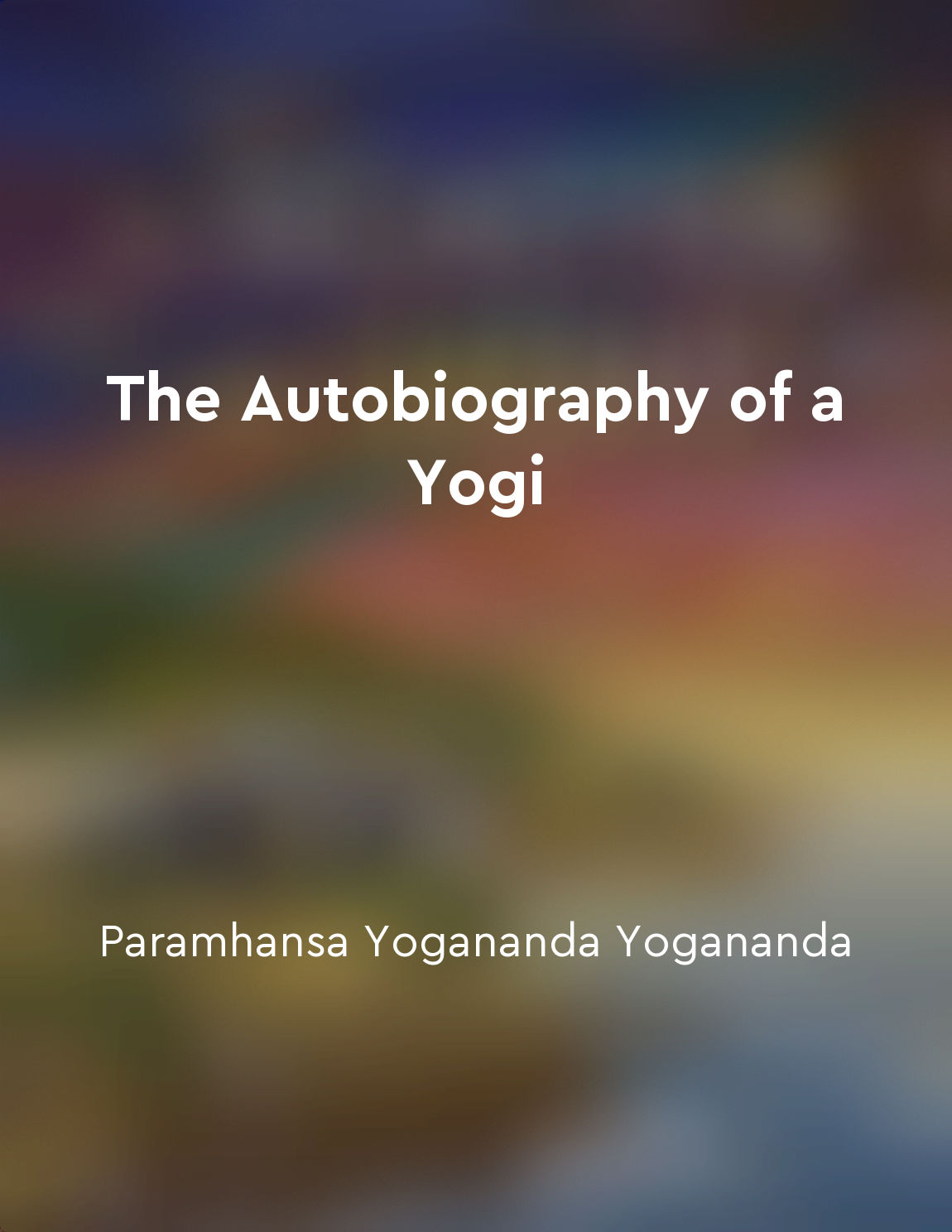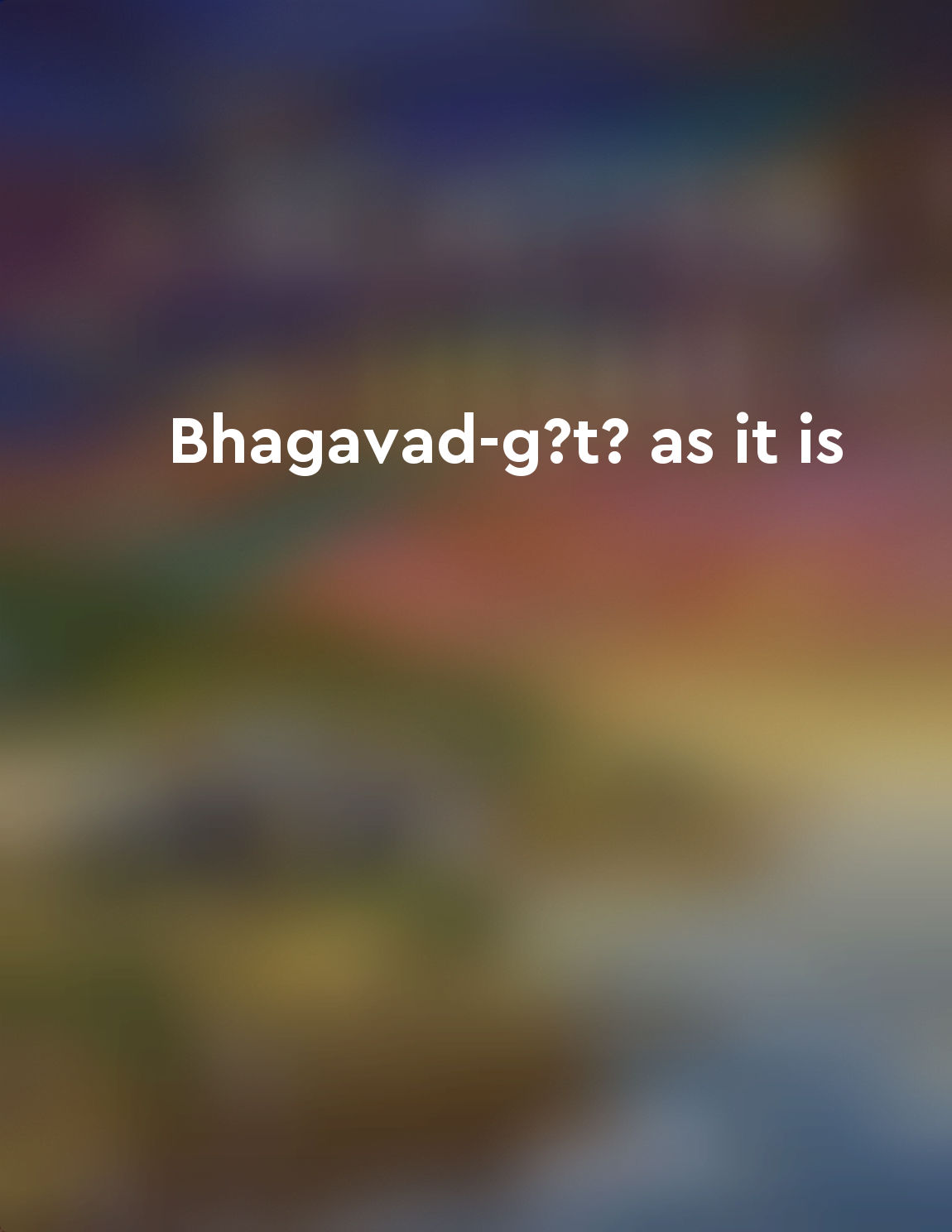Audio available in app
The concept of Dharma reflects the balance between duty and freedom from "summary" of Krishna: The Man & His Philosophy by Osho
Dharma embodies a profound interplay between one's obligations and the innate desire for liberation. It is not merely a rigid set of duties imposed from without, but rather a dynamic principle that thrives within the individual. This inner drive aligns personal responsibilities with the universal rhythm of life, creating a harmonious existence where actions resonate with a deeper truth. At its essence, Dharma invites introspection, urging individuals to discern their unique path. It acknowledges that while duty is vital, it must not stifle the spirit's quest for freedom. Each person’s journey is colored by personal experiences, societal expectations, and inherent talents. Recognizing this individuality allows for a more authentic expression of duty, one that does not compromise the essence of freedom. The balance achieved through Dharma is not static; it is a continuous dance between the roles we play and the freedom we seek. In this dance, duty becomes a vehicle for self-discovery. When one acts from a place of understanding and love, what may initially seem like obligation transforms into a joyful expression of freedom. True fulfillment arises when actions stem from an inner calling rather than external pressures. This concept transcends the personal to touch upon the collective. A society thriving in Dharma nurtures an environment where individuals can flourish while contributing to the greater good. The interplay between personal duty and communal harmony creates a tapestry of existence where freedom is not just an ideal but a lived reality.- Dharma teaches that the path to liberation is intricately woven with the threads of responsibility, where both elements coexist, enriching the human experience. The journey is not one of conflict but of integration, allowing for a life that is both meaningful and free.
Similar Posts
Trust in the power of love and compassion to transform your life
Trust in the power of love and compassion to transform your life is a fundamental teaching of the Buddha. Love and compassion a...
Conquer your fears and limitations
To truly receive the divine blessings of Mahadev, one must first confront and overcome their fears and limitations. The path to...
Aryan migration greatly influenced the Vedic Period
The Vedic Period in ancient India was a time of significant cultural and societal development. One of the key factors that grea...

Through his experiences, Yogananda shows the transformative power of divine grace
Yogananda's journey is a powerful demonstration of the profound impact divine grace can have on an individual's life. Through h...

Cultures have influenced each other for millennia
Throughout history, civilizations have evolved and transformed, interacting with one another in a complex web of exchanges. Fro...

Meeting with Mahatma Gandhi
I had the great fortune of meeting with Mahatma Gandhi during my time in India. The encounter was a profound experience that le...
Practice mindfulness to awaken to the present moment
The practice of mindfulness is a powerful tool that allows us to fully experience the present moment. By cultivating awareness ...

Role of the spiritual master
The spiritual master is the guide, the guru, who helps the disciple navigate the path of spiritual realization. The spiritual m...
Practice nonviolence in thought, speech, and action
The concept of practicing nonviolence in thought, speech, and action is a fundamental teaching in Buddhism. It is based on the ...
Stay true to your values and beliefs
Staying true to your values and beliefs is crucial in living a fulfilling and purposeful life. When you align your actions with...

